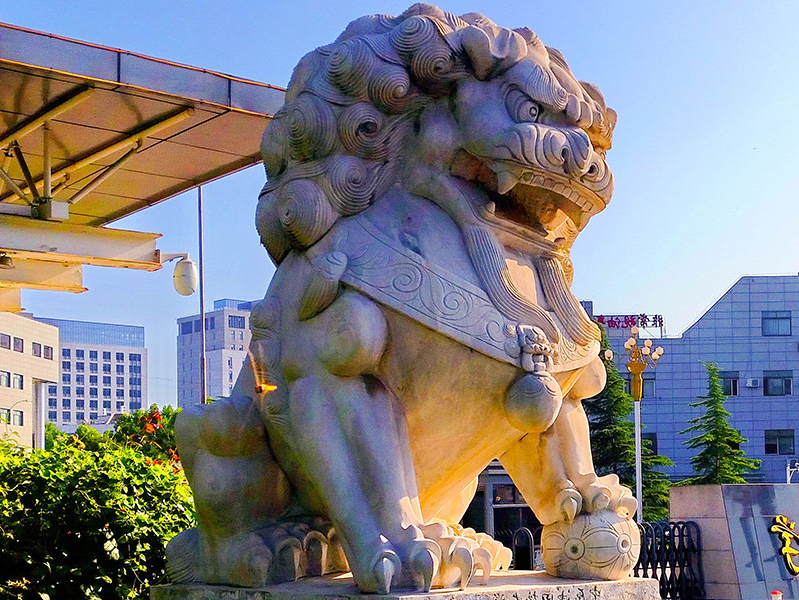Research Areas
Energy and Environmental Policy
Modeling of Energy Economic Environment Systems
Climate change and Low-carbon Economy
Research Projects
[1] Coordinated control of carbon emission reduction and air quality improvement. National Science Foundation of China. 2018-2020. Chair.
[2] Research on Environmental Health Co-benefits and Policy Cost Effectiveness of Promoting New Energy Vehicles in Beijing. Beijing Social Science Foundation Project. 2018-2020. Chair.
[3] Implementation plan of the 2030 energy production and consumption revolution strategy. Project of the Department of Energy Administration. 2016-2017. Participant.
China's oil and gas development forecast before 2030. CNPC project. 2015-2016. Participant.
[4] Natural Gas Consumption Forecast and Energy Alternative Optimization Research. Supported by the University Young Talent Plan. 2016-2018. Chair.
[5] Comparative Study and Game Analysis of Carbon Emissions Allocation Schemes. Commissioned by the National Science Foundation of China. 2012-2015. Participant.
[6] Carbon emission trading support technology research and demonstration. National Science and Technology Support Plan. 2012-2015. Participant.
[7] Comparative study of emission rights allocation schemes. National High-tech Industrialization Project. 2013-2015. Participant.
[8] LinkS project research. Tsinghua University international science and technology cooperation project. 2011-2013. Participant.
[9] Downscaling of social and economic scenarios related to Earth system simulation. National Science and Technology Plan 2012-2014. Participant.
Publications
[1] Yang X,Teng F. Air quality benefit of China’s mitigation target to peak its emission by 2030. Climate Policy. 2018, 18(1):99-110. (SSCI)
[2] Yang X, Teng F. The air quality co-benefit of coal control strategy in China, Resources, Conservation and Recycling. 2018,129: 373-382. (SCI)
[3] Yang X, Teng F, Xi X, Khayrullin E, Zhang Q. Cost–benefit analysis of China’s Intended Nationally Determined Contributions based on carbon marginal cost curves. Applied Energy. 2018, 227:415-425. (SCI)
[4] Yang X, Xi X, Guo S, Lin W, Feng X. Carbon Mitigation Pathway Evaluation and Environmental Benefit Analysis of Mitigation Technologies in China’s Petrochemical and Chemical Industry. Energies. 2018, 11(12):3331-3345. (SCI)
[5] Yang X, Wan H, Zhang Q, Zhou J, Chen S. A scenario analysis of oil and gas consumption in China to 2030 considering the peak CO2 emission constraint. Petroleum Science, 2016,13:370–383. (SCI)
[6] Yang X, Xi X, Lin W, Guo S, Feng X, Gilmore E. Evaluation of environmental health benefts of China’s building energy conservation policies: an integrated assessment on national and provincial levels. International Journal of Environmental Health Research. 2018, 28(3):215-239 (SCI)
[7] Yang X,Teng F, Wang X, Zhang Q. System optimization and co-benefit analysis of China’s deep-carbonization effort towards its INDC target. Energy Procedia, 2017, 105: 3314-3319.
[8] Yang X, Teng F, Wang G. Incorporating environmental co-benefits into climate policies: A regional study of the cement industry in China. Applied Energy. 2013, 112: 1446-1453 (SCI)
[9] Yang X, Teng F, Wang G. Quantifying co-benefit potentials in the Chinese cement sector during 12th Five Year Plan: an analysis based on marginal abatement cost with monetized environmental effect. Journal of Cleaner Production. 2013, 58: 102-111. (SCI)


